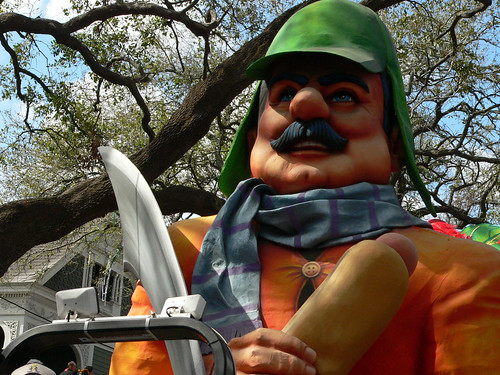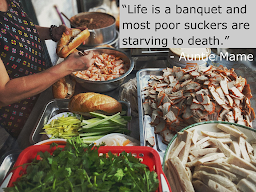 |
| Man Ray. Harper's Bazaar, November 1936. |
The Unkind Treatment of Photographs in La Recherche Photographs are not treated kindly in Proust’s Recherche. In the “Mother’s Kiss” episode in the Combray section of Swann's Way, there is a humorous account of why photographs ought not to adorn the walls of Marcel’s room — for his mother found in them “vulgarity and utility” (v.1, p. 53). The sheer fact that a photograph is reproducible, that another child could have the same photograph hanging in his or her room as some other kid seems scandalous to Marcel’s mother’s aesthetic taste. A photograph is “common” since it can be reproduced mechanically. The photograph is vulgar since it “captures” objects in the world only to reproduce them as commercial banalities. The photograph does not get under the skin of everydayness. Photographs reveal nothing more than the banal surfaces of things and do not penetrate any deeper. To put it another way: the novel is concerned with animating reality, not the banal apprehension of reality.
According to Proust Photographs Point to Vanity Proust also links photography to vanity. Saint-Loup takes a photograph of Marcel’s grandmother. Noticing she puts on her best dress for the occasion, Marcel reports he feels annoyed at his grandmother’s childishness in wanting to appear her best, a fact that surprises him for he had always imagined her to be freed from vanity (v. 2, p. 500). Proust is echoing the idea that “having one’s likeness taken” is offensive to a pure concept of beauty that ought to look deeper than surface appearances. However, Proust’s aversion to photograph goes deeper than a moralistic stance against vanity. It is not an ethical deprivation which is at stake in the photograph, but rather, what Proust seems to deride is the distraction the photograph promotes and the aura of unreality it promotes. Marcel is annoyed that his grandmother will sit for Saint-Loup to have her likeness taken but she will not spend time with him, a theme that can retrace itself back to the young Marcel in Combray waiting for his mother to arrive with the long-awaited kiss. The photograph gives a false promise, one of deferral, the promise of halting time, anticipation in the guise of distraction.
Take for example the magic lantern: an analog for the disparaged photograph which is linked to the mother’s kiss episode in Combray. It is important to note the unsettling feeling aroused by the magic lantern at the start of Proust’s masterwork for it serves as a prelude to the disparagement of the plastic arts throughout the work along with a distanced awe and astonishment. Where Proust disparages he also obsesses. Where photographs are mentioned in Proust, even in passing phrases, metaphors, or allusion to photography, there is often the anticipation of themes we are more familiar with in Proust, the anticipation of a kiss, questions of real and unreal, the sensory world and the world of ideas, insight versus mere appearance.
Placed over his bedside lamp, the magic lantern entertains the boy Marcel by a show of several points of multi-colored light creating a luminous kaleidoscopic effect that evokes both the camera and the cinema, appearance, and reality, dark and light, all of which make Marcel uneasy. The iridescence is too much. Like light pouring through stained glass, the child’s magic lantern creates a “supernatural phenomenon of many colours,” causing an unreal effect to superimpose itself on the familiarity of Marcel’s childhood bedroom in Combray. Marcel is both awed and discomfited by the parade of lights the magic lantern produces, as it illuminates a story outside of Marcel’s own experience, thus limiting access to an inside inner experience. The magic lantern produces an unreal effect that shakes Marcel, the budding writer, and puts into question his desire to create uniquely and inwardly. “But my sorrows were only increased thereby, because this mere change of lighting was enough to destroy the familiar impression I had of my room …” (v. 1, p. 10). Proust’s point is to show how the luminous photographic and kaleidoscopic effects of the magic lantern discomfit and unrest the artist’s -- the novelist’s -- ability to capture reality. The magic lantern, and by extension, the play of light that is the photograph, an inscription of light on paper, is set against what novels can do, viz., what Proust feels he can do as a young artist, as a novelist.

























